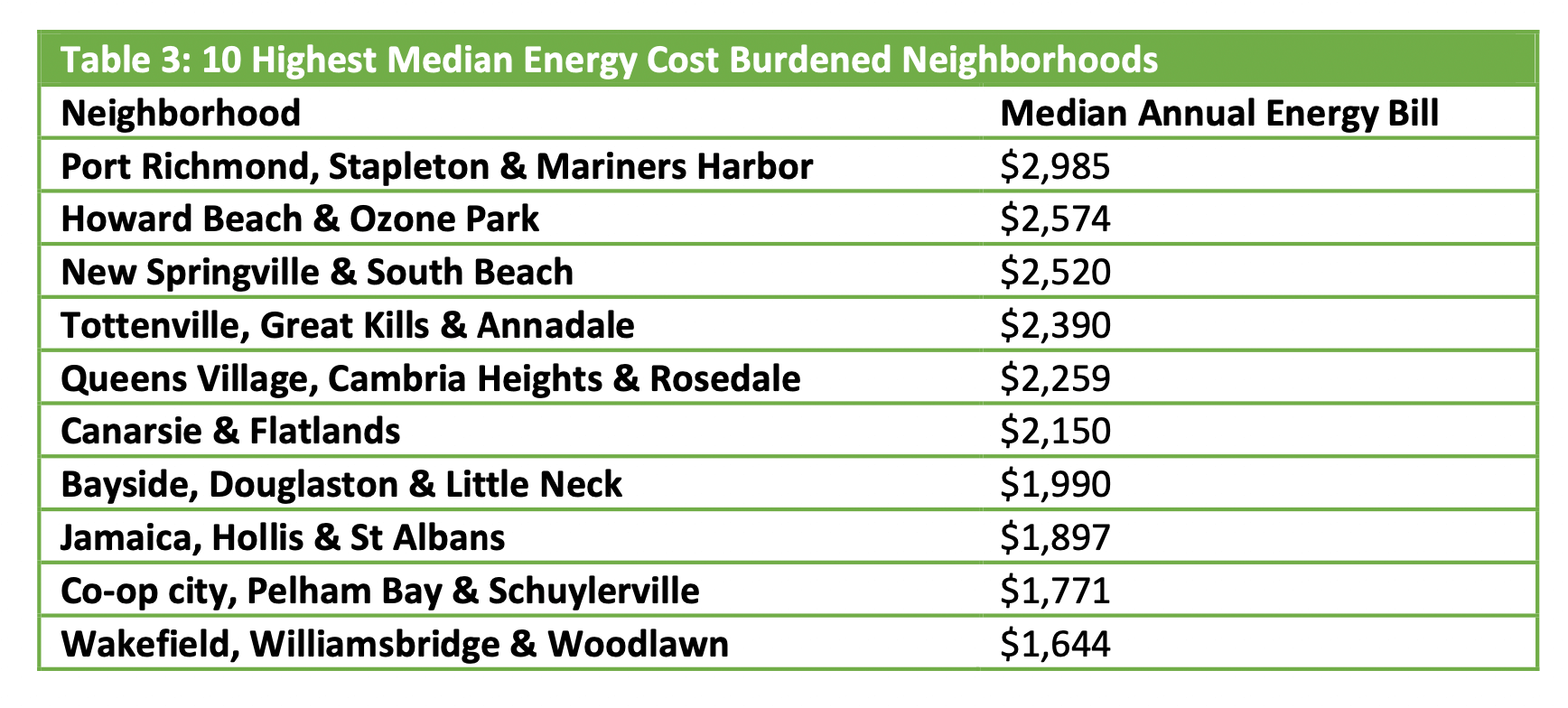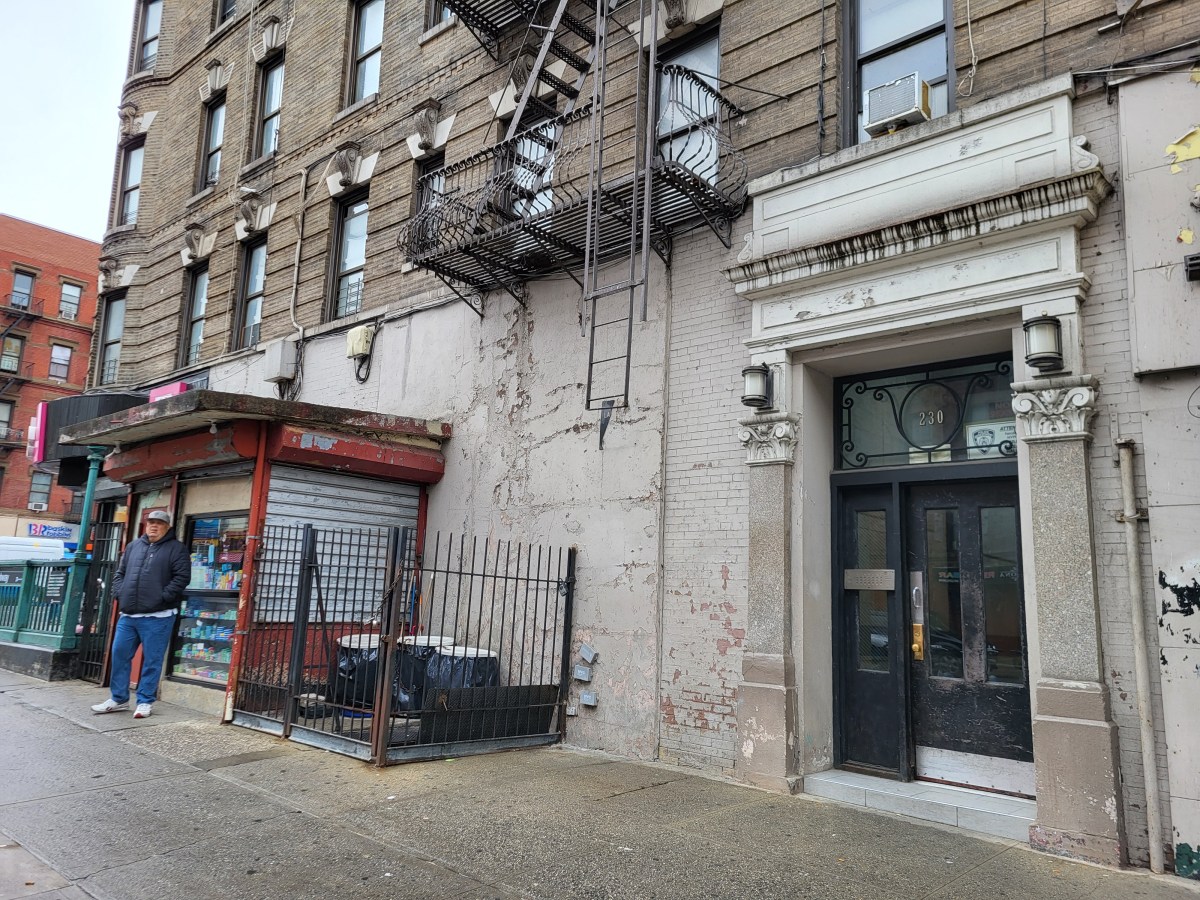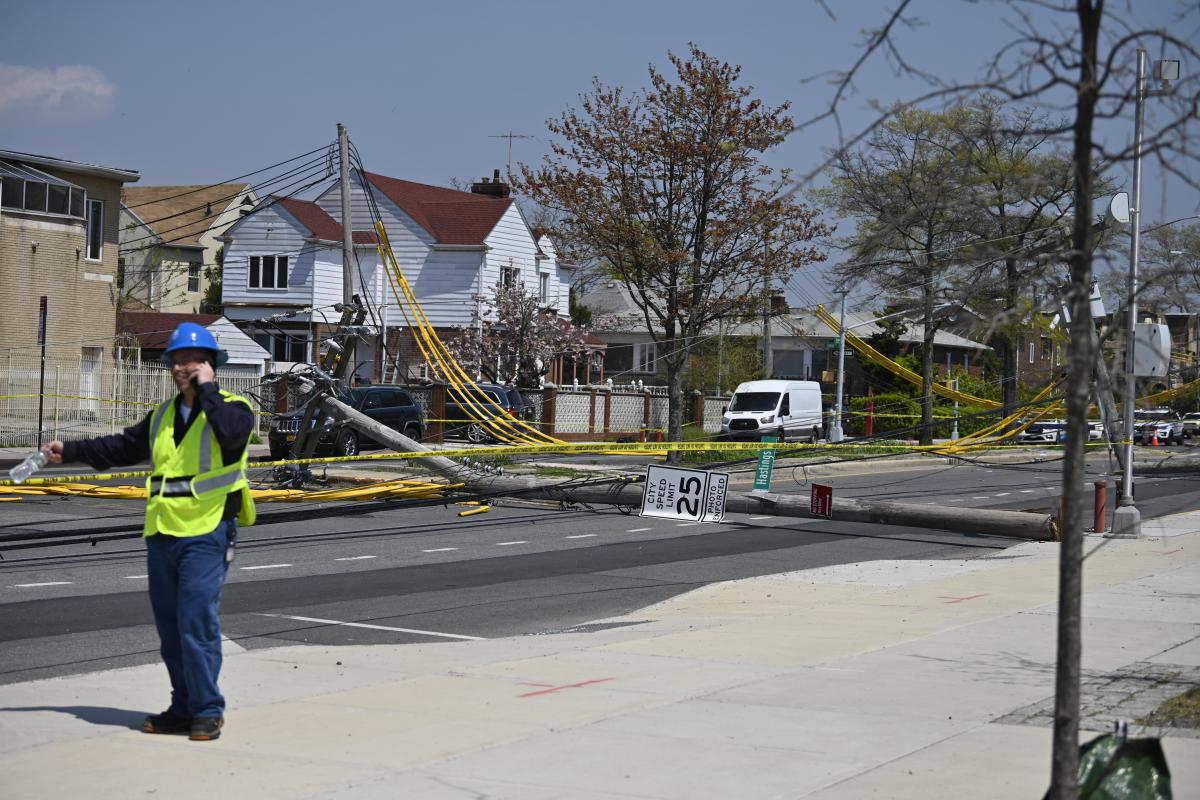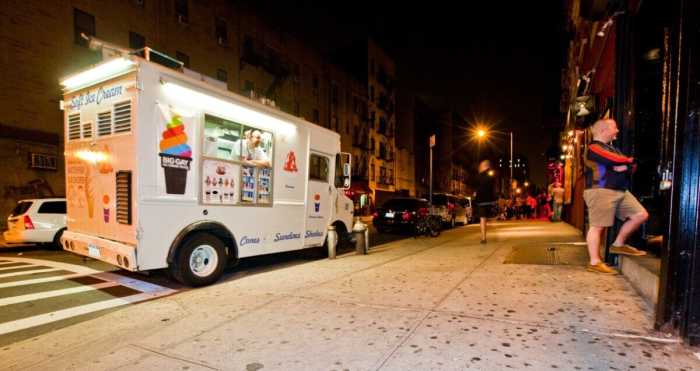Several dozen council members have penned a letter urging New York State energy authorities and Governor Kathy Hochul to block the proposed utility rate hikes coming down the pipeline.
The letter was sent on July 13 to Rory Christian, who chairs the Public Service Commission (PSC), and commissioners of the PSC.
Con Edison, the PSC, New York City, the New York State Department of Public Service, and other parties had filed a joint proposal earlier this year in February seeking approval to increase Con Edison’s annual electric and gas delivery revenues over three years.
The council members state that “ConEd’s proposal to increase revenue by $1.7 billion will cost average New Yorkers a $17 per month increase in their electricity bill, an $108 per month increase in their gas bill, and a $6 per month increase for gas non-heating customers (cooking gas).”
The council members also express their concern in the letter that ConEd and the state have not provided the necessary commitment to conduct outreach to hundreds of thousands of eligible New Yorkers for the Energy Affordability Program (EAP), one of several programs that would alleviate the costs of utility bills. New Yorkers have the ability to apply for one of several versions of the EAP overseen by a utility, such as ConEd, or the state.
The New York State Department of Public Service is holding its regular meeting on Thursday, July 20 to discuss the proposed gas and electricity rate hikes. The meeting follows three days of hearings held about the proposed increases.
The council members pointed to the “already dire affordability crisis” amidst inflation and increasingly unaffordable rents.
This is not the first-time law makers have banded together urging the state to reverse the gas and electricity rate hikes. Earlier this year, Assembly Member Zohran Mamdani and six state legislators issued a joint letter to Governor Hochul to rule against the Con Edison proposal.
ConEd has projected an increase in summer utility bills for customers in New York City in its 2023 summer outlook.
James Denn, spokesperson for the New York Department of Public Service, told amNewYork Metro in a statement that the PSC will be considering today the proposal submitted after an 18-month review and investigation, including public hearings that generated more than 7,500 comments.
“While the Councilmembers’ letter correctly focuses on New York State’s affordability concerns, Con Edison has the highest enrollment percentage of any of the major utilities in New York,” Denn said.
“The Commission does not comment on cases pending before it, but notes that it has shown its commitment to increasing the Energy Affordability Program’s effectiveness and enrollment over the life of the EAP.”
Denn said that Con Edison’s EAP currently has 478,725 participants out of roughly one million enrollees statewide. Denn pointed to the work of “automated data-matching” conducted for more than 10 years by Con Edison and the New York City’s Human Resources Administration and Department of Social Services.
Over the past year, largely due to work by Department of Public Service’s public EAP stakeholder working group, Con Edison’s EAP enrollment has grown almost 10%, according to Denn.
Con Edison also pays the costs of that data match through $150,000 of shareholder contributions to the effectiveness of the utility’s EAP, and particularly so in its 2021 Order that focused upon affordability concerns arising from COVID.
Said Denn on outreach, “The Commission and Department of Public Service are working with the public stakeholders working group to expand and improve the reach and effectiveness of the EAP in direct response to the affordability concerns.”
Hochul announced that the Home Energy Assistance Program, another support net for New Yorkers in need of financial assistance with utility bills, would continue.
The state had set a policy target in 2016 that low-income New Yorkers should pay no more than 6% of their pre-tax income for energy bills. This policy was formally adopted by the PSC the same year.
Average HEAP benefits in August 2019 were estimated at $46.50 per year, based on statistics from the state’s Office of Temporary and Disability Assistance.
At the time of the report, 18% of households across New York City were paying greater than 6% of their household incomes on utility bills.
In 2019, Brooklyn was the borough with the most utility bill burden (32% of households), with Queens at 26% of households utility-burdened and The Bronx at 23% of households utility-burdened.

While the cost burden is most intense in Staten Island and Southeast Queens, there are very high concentrations (or more numbers) of energy cost burdened families in the South and Central Bronx, per the report.
Council Member Marjorie Velázquez (D-13), one of the council members who signed the letter, shared a statement with amNewYork Metro acknowledging that Bronxites are forced to make hard choices figuring out which of their bills to pay on time, which to lapse.
“The proposed price hikes would drown the budgets of Bronx families trying to keep their heads above water,” Velázquez said. “ConEd’s current plan would unnecessarily pile on vulnerable communities as well as middle-class families that need a helping hand, not another hand digging their wallets.”
As far as EAP outreach goes, Velázquez said she plans on hosting an event on Friday, Aug. 18 to inform and educate residents about programs such as the EAP that are available to the community.
“We are always trying to find different ways to inform people about the existence of these programs, as part of our constituency services we provide,” Velázquez said.
Read more: Former NYPD Chief Joseph Esposito Honored with Funeral































